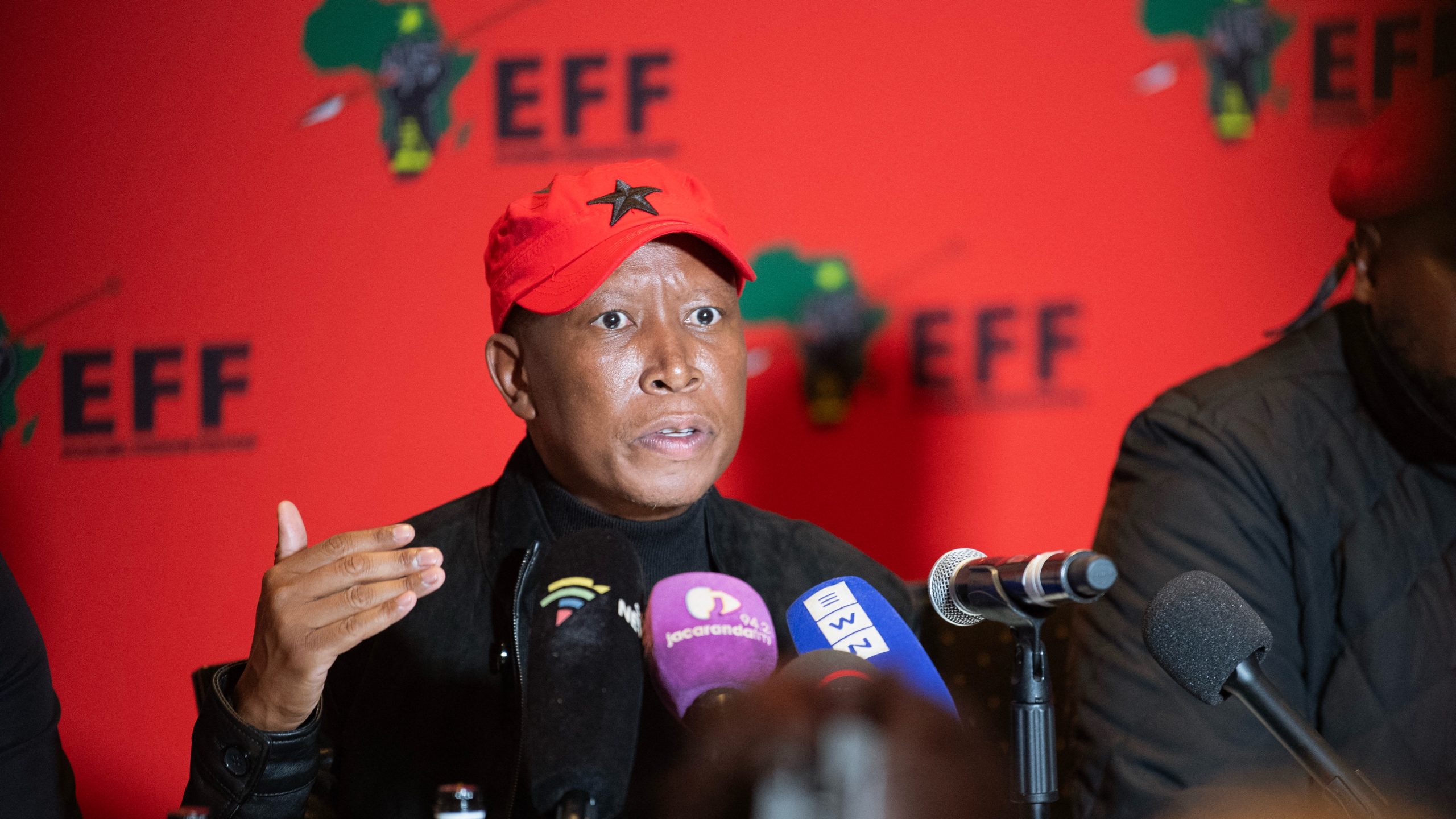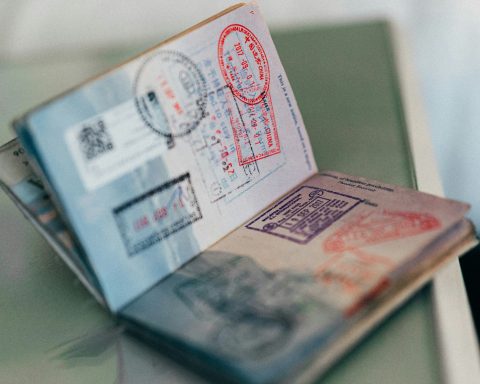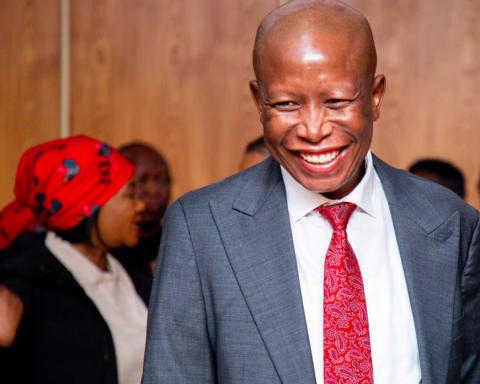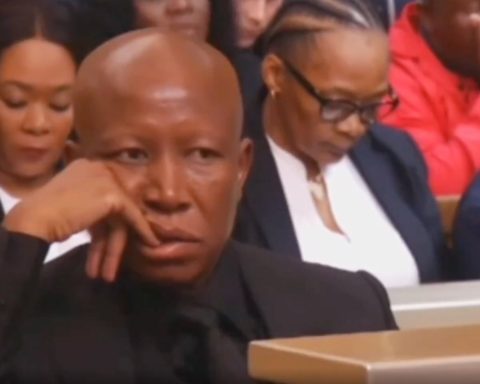The Western Cape Equality Court dropped a bombshell: EFF leader Julius Malema is guilty of hate speech. His 2022 rally remarks reopened deep wounds in a nation still healing from apartheid.
The 2022 Rally and Controversial Remarks
In October 2022, Malema spoke at a rally, referencing a 2020 Brackenfell In October 2022, Malema spoke at a rally, referencing a 2020 Brackenfell High School clash. For instance, EFF supporters protested a perceived whites-only event, leading to scuffles with residents. Consequently, this incident fueled accusations that Malema was guilty of inciting hate speech.
Malema declared: “Tell that white man to try me… You must never be scared to kill. A revolution demands that at some point there must be killing.”
As a result, these words triggered complaints. Notably, the South African Human Rights Commission and Dante van Wyk, who faced social media threats and fled to the Northern Cape, filed cases.
Court Slams Malema
Judge Mark Sher, presiding in Cape Town, ruled Malema’s words showed “clear intention to incite harm and propagate hatred.” Moreover, he warned such calls from a major leader could ignite racial violence.
“Calling for someone to be killed is vigilantism and the most extreme form of harm,” Sher stated.
Thus, the court held Malema and the EFF liable for costs. This verdict, finding Malema guilty of hate speech, demands leaders prioritize unity over division.
EFF and DA Clash
The EFF quickly vowed to appeal, labeling the ruling “fundamentally flawed.” They defend Malema’s speech as metaphorical, tied to liberation history.
For example, they stated, “We defend our commander-in-chief and the right of oppressed people to speak boldly.”
In contrast, the DA welcomed the verdict.
Leader John Steenhuisen said: “This divisive language damages South Africa and even reached a White House meeting.”
Consequently, the DA sees this as proof to keep the EFF out of power via the Government of National Unity.
A Divided Nation Watches
This case, highlighting Malema guilty of hate speech, underscores South Africa’s racial divides, 31 years post-apartheid. Therefore, the ruling pushes for accountable speech to unite, not fracture. As the appeal looms, South Africans hope for healing.






